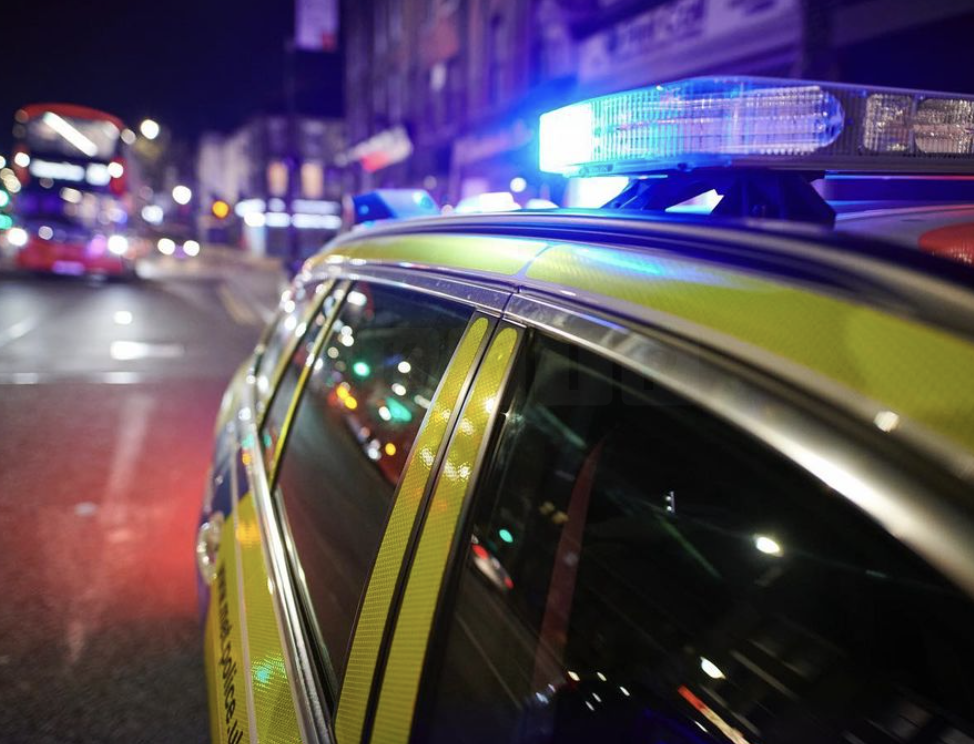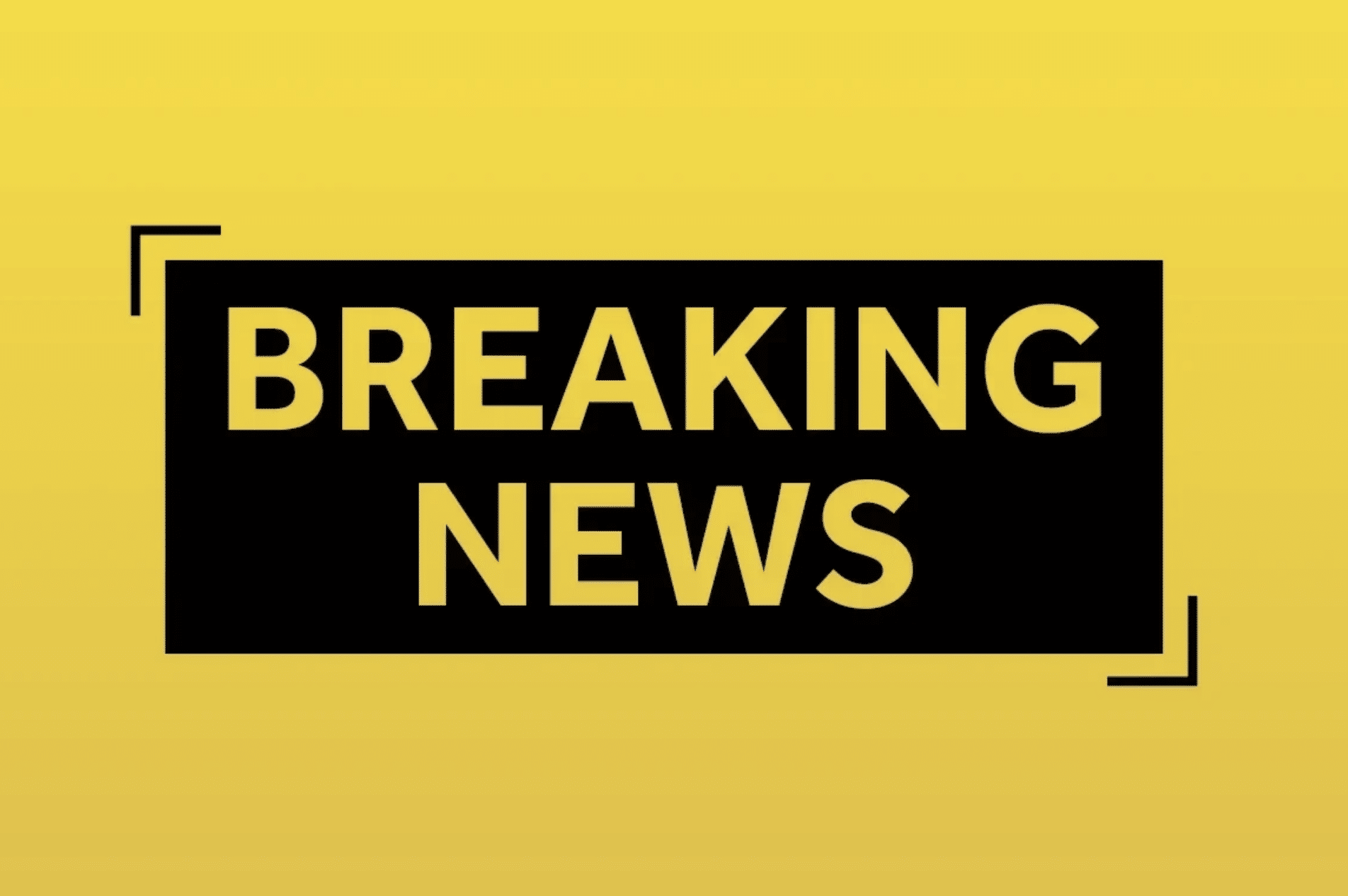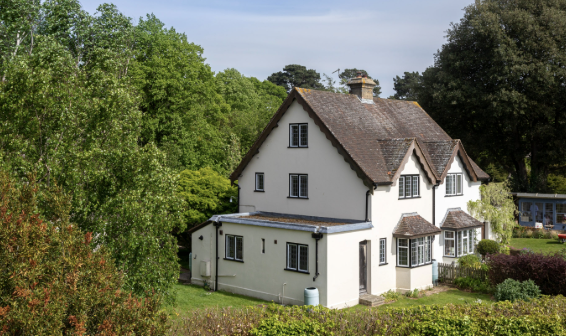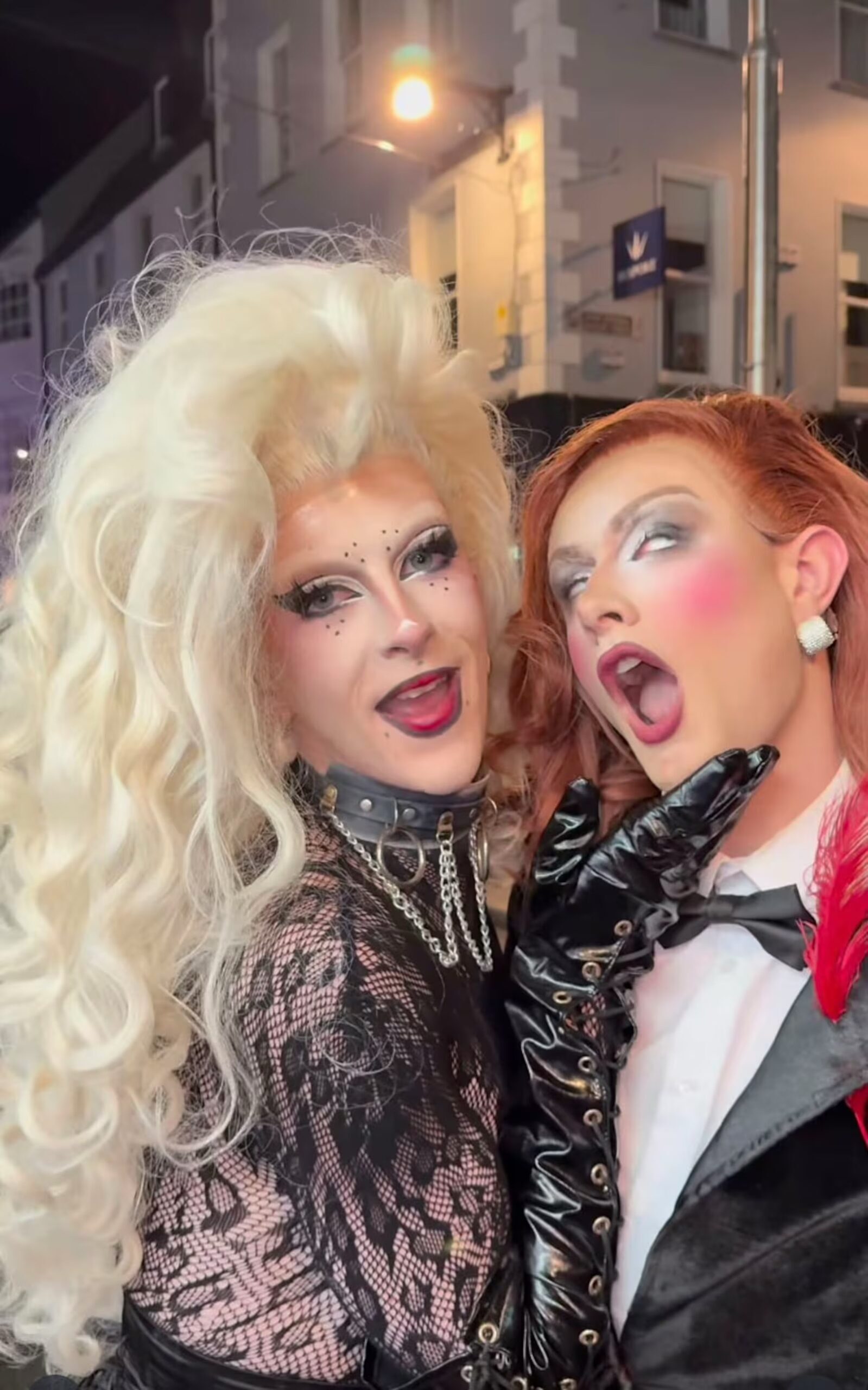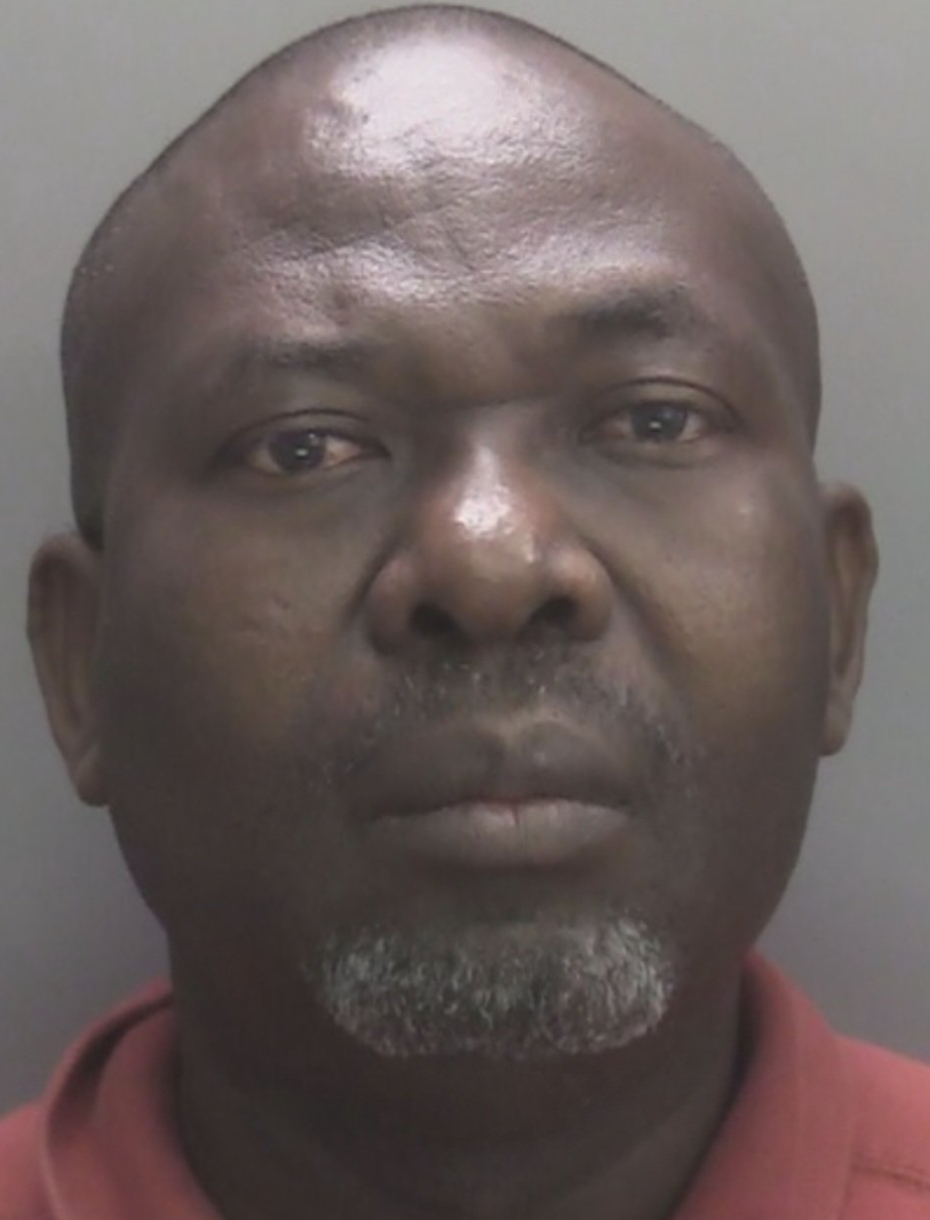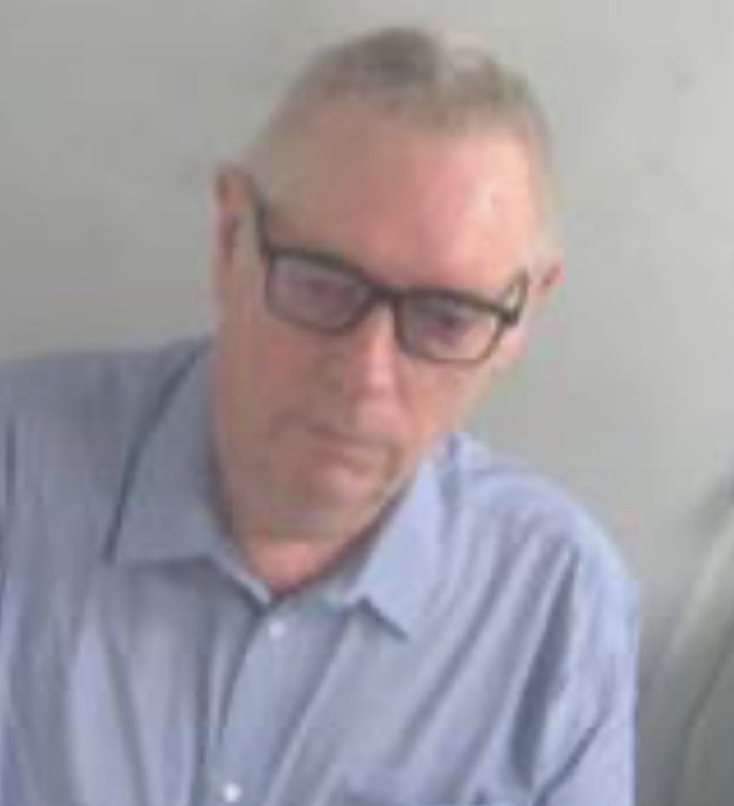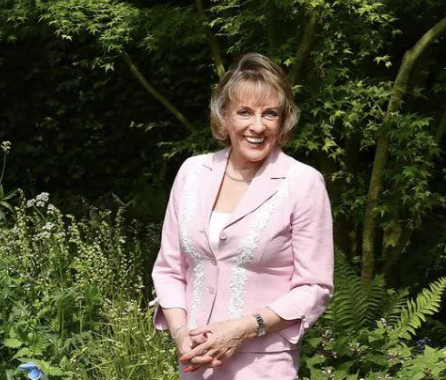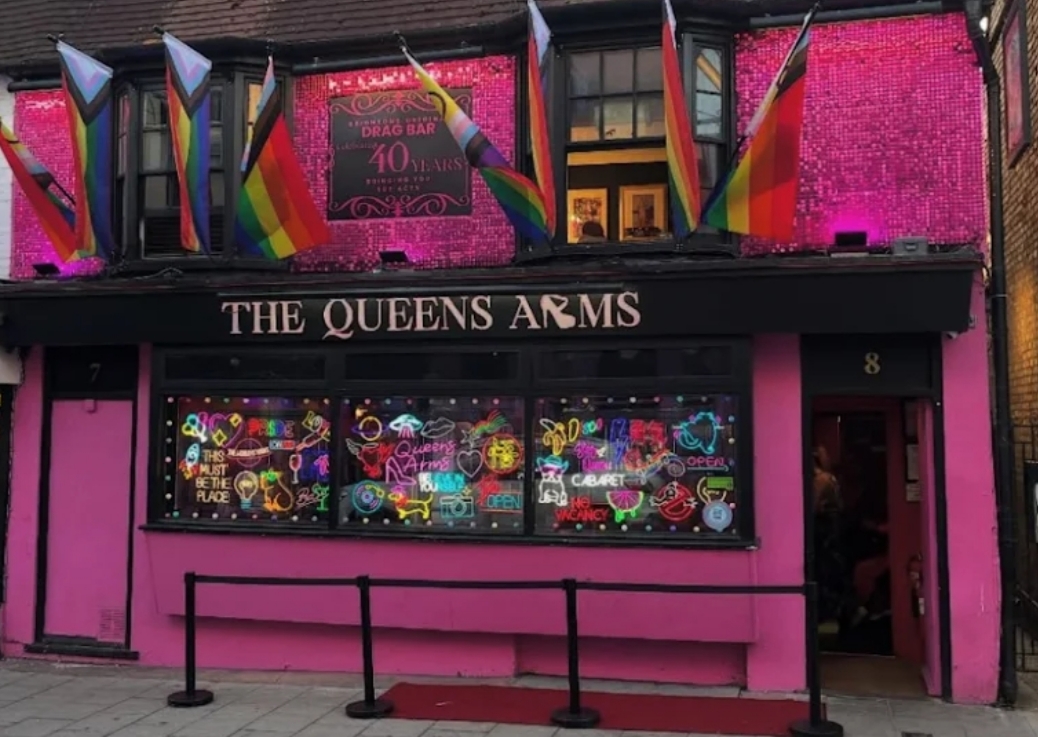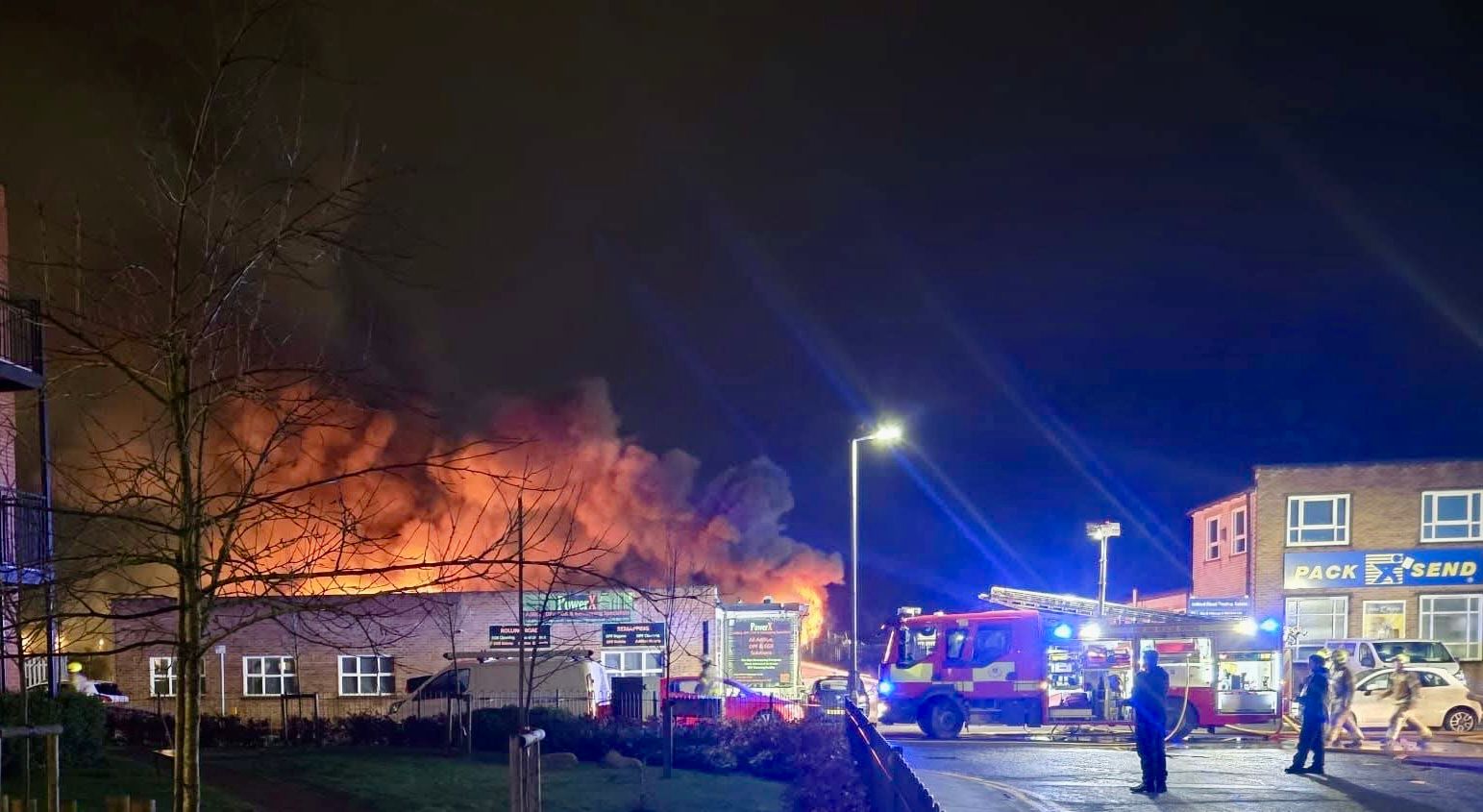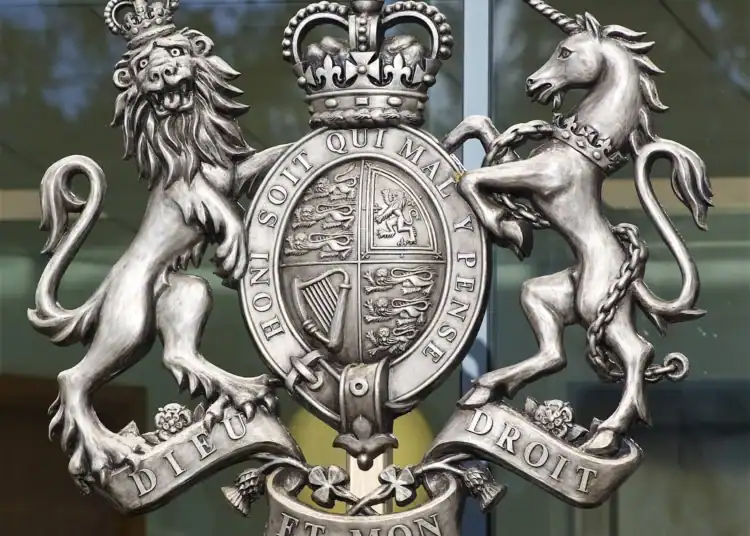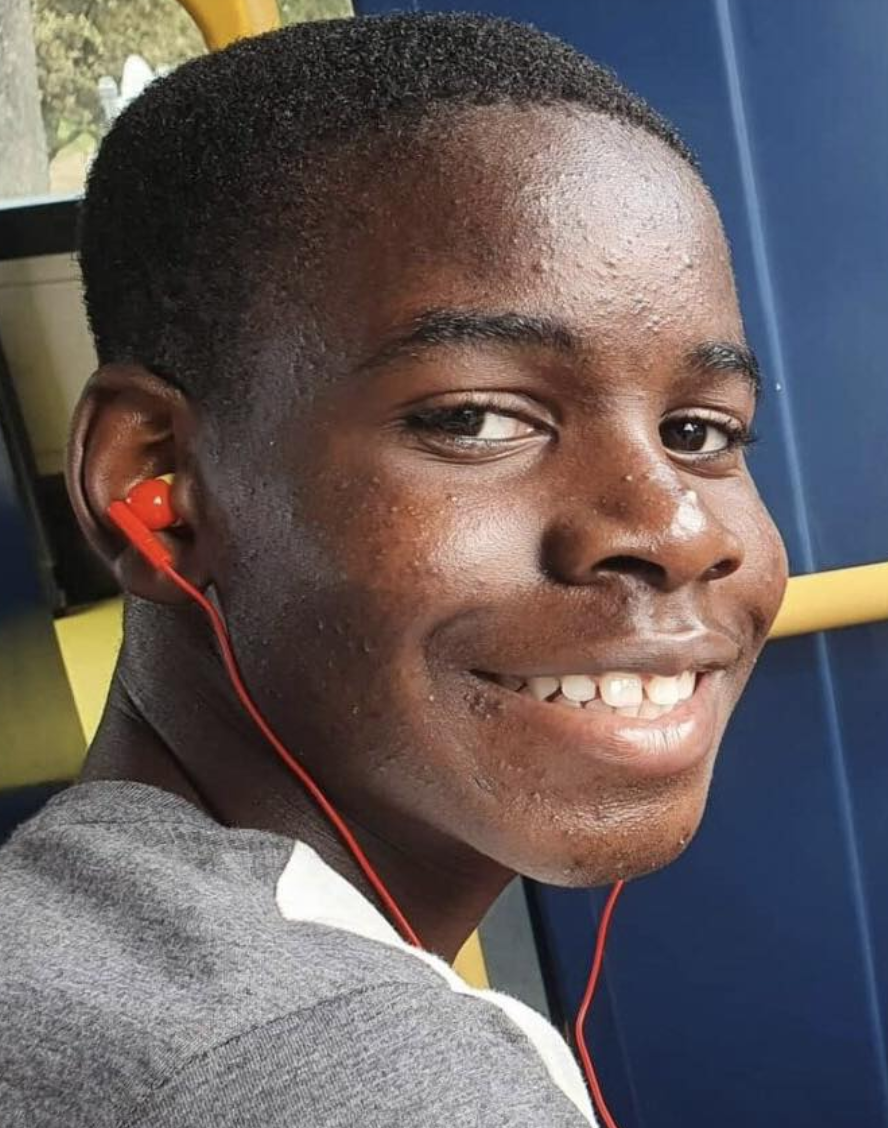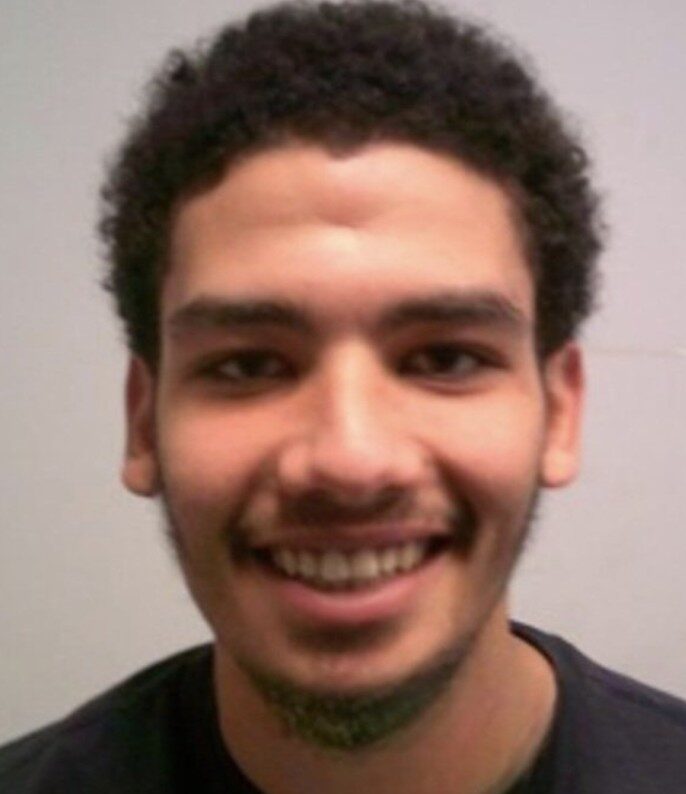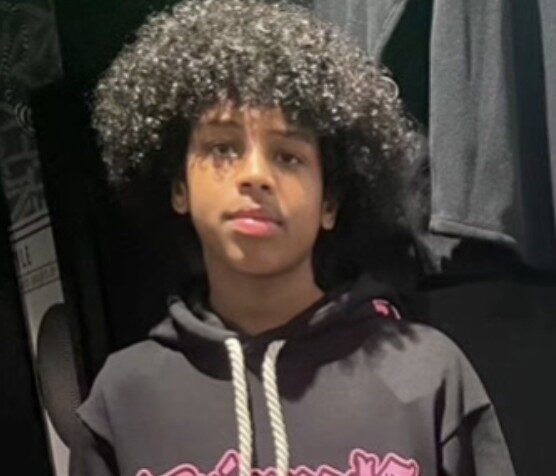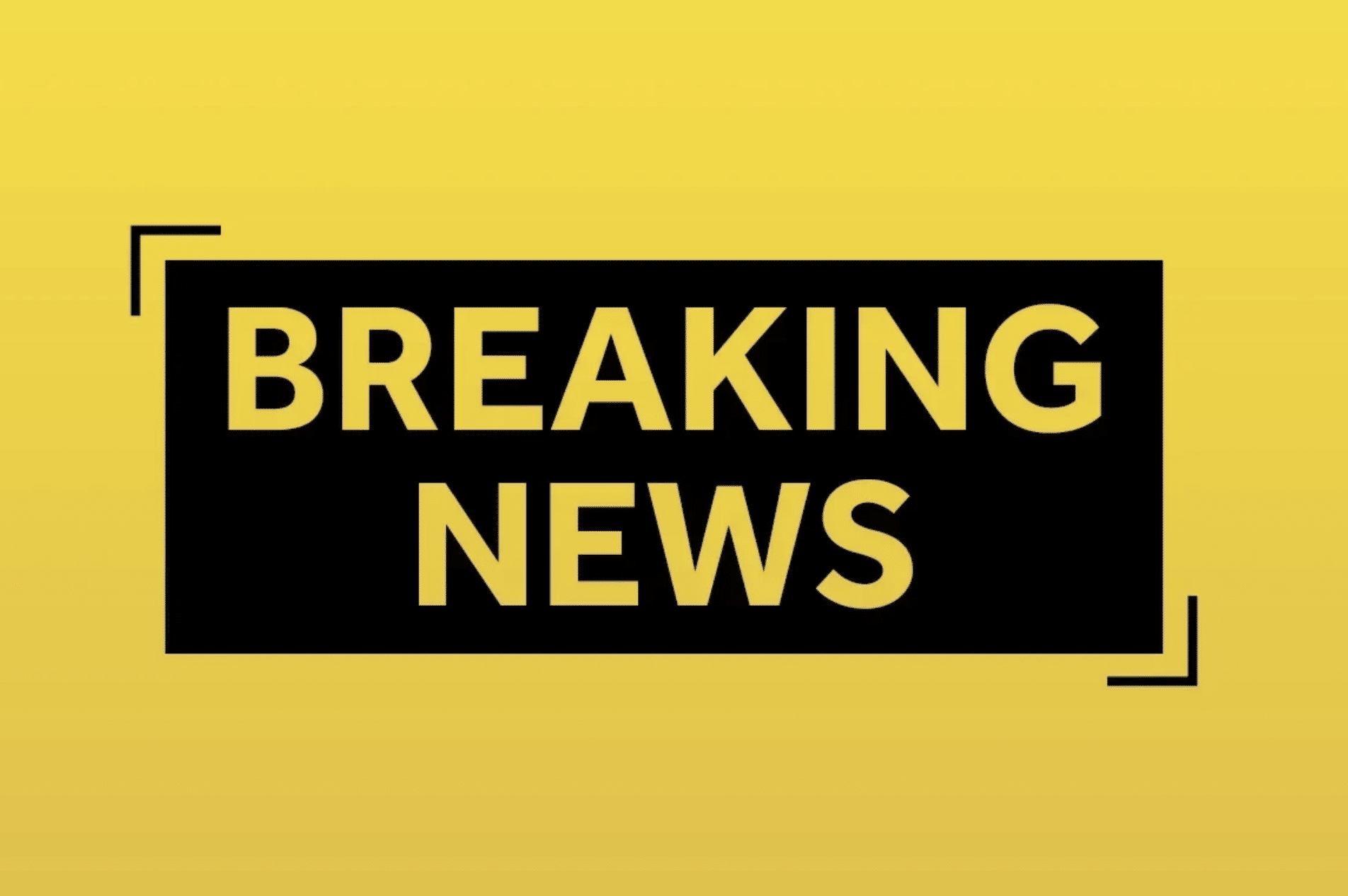Deputy PM warns flags must stay pride, not hate symbols
Deputy Prime Minister David Lammy has issued a stark warning: Britain’s national flags must not be “appropriated by hoodlums, hooligans and fascists.” His comments come amid a fiery debate over St George’s Cross displays sweeping the nation.
Lammy, also Justice Secretary, spoke out as dozens of flags were removed from lampposts along the A1198 near Bassingbourn, Cambridgeshire, where councils are cracking down on flag campaigns they deem problematic.
“We cannot let any of our nation’s flags be appropriated by hoodlums, hooligans and fascists,” Lammy told ITV News. “I wear the flag very proudly, especially at football or cricket matches.”
He recalled childhood pride watching British sporting heroes don the flag, saying: “That’s how I see my Britishness and Englishness. I want all children, whatever their background, to feel just as confident.”
Starmer visits mosque attacked in suspected arson, pledges £10m security boost
On the same day, Prime Minister Sir Keir Starmer visited Peacehaven Mosque in East Sussex, which was severely damaged in a suspected arson attack on 4 October. The attack caused extensive damage but no injuries.
During his visit, Starmer declined to rule out withdrawing support for hanging St George’s flags on lampposts, acknowledging some flag displays by a minority aim to divide.
“I’m very proud of that flag, and it’s really important that we don’t surrender our flag to anyone,” he said. “Those who use the flag to divide are devaluing it.”
Police have arrested three men in connection with the mosque fire. Starmer also announced a £10 million package to ramp up security measures for Muslim faith centres—including CCTV, alarms, and fencing.
“Attacks on any community are attacks on our entire nation and values,” Starmer said. “This funding ensures Muslim communities can live in peace and safety.”
Flag wars rage amid hate crime surge and political spats
The national flag controversy has exploded with the grassroots “Operation Raise the Colours” campaign encouraging Brits to fly Union Jacks and St George’s Cross at public sites. The movement, launched in August, has sparked heated debates about patriotism, racism, and identity.
But local councils, including Cambridgeshire, Birmingham, Tower Hamlets, and Liverpool, have removed many flags citing safety and public order concerns. This has triggered accusations of double standards, especially after Palestinian flags were allowed to remain.
Critics warn the campaign has been hijacked by far-right groups. Hope Not Hate notes links to extremist organisations like the English Defence League and Britain First.
One North Yorkshire supply teacher reportedly lost his job after putting up around 150 flags in his hometown of Thirsk. Council officials claimed health and safety risks, threatening to bill him for removal costs.
Former Tory MP Ranil Jayawardena blasted the move: “No one should be stopped from teaching just for holding centre-right views.”
Starmer slams Conservative divisiveness and defends multicultural Britain
Starmer also condemned Tory MP Katie Lam’s controversial calls to deport legally settled families to ensure cultural “coherence.”
“I can’t tell you how much I disagree with her,” he told ITV. “People lawfully here who contribute to communities shouldn’t be kicked out for cultural reasons. That’s how far the Conservative Party has sunk.”
The PM linked divisive flag tactics to recent attacks on places of worship — including the Peacehaven mosque arson and the deadly Manchester synagogue assault.
Hate crimes soar as tensions mount over national identity
Government figures reveal a 19% rise in anti-Muslim hate crimes in the year ending March 2025, with Muslims accounting for 44% of all religious hate crimes.
Akeela Ahmed, British Muslim Trust chief, warned: “Too many Muslim communities live in fear as mosques are vandalised, set on fire, and worshippers attacked.”
As the flag battle rages on, supporters claim the displays show patriotic pride, while opponents see them as symbols of exclusion and intimidation.
The government walks a tightrope, trying to reclaim the flag’s meaning from extremists, while recognising concerns over its misuse to sow division.


